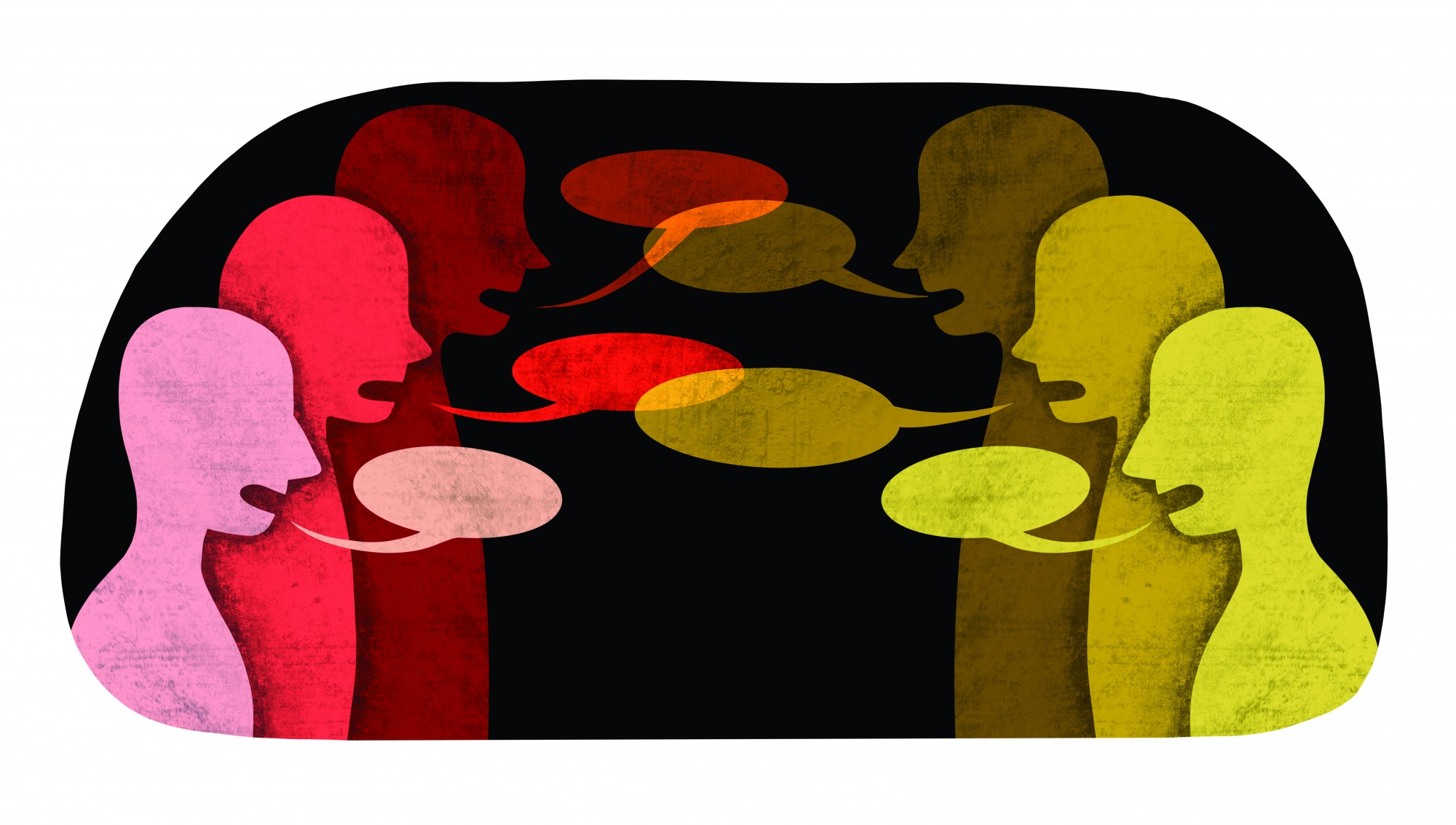A new draft policy seeks to emphasize the University of Minnesota’s commitment to freedom of speech while balancing safety and resources for large events.
The new Major Events Policy, which outlines procedures for scheduling large events on campus, is currently making its way through faculty, staff and student groups for consultation. Several past events and a lawsuit against the University highlighted the need for the policy.
When conservative speaker Ben Shapiro’s event venue was moved from Willey Hall on West Bank to the North Star Ballroom on the St. Paul campus in 2018, several groups alleged political discrimination. Shapiro, along with members of Students for a Conservative Voice and Young America’s Foundation, filed a lawsuit against the University in August 2018.
The Shapiro lawsuit guided the policy, but the need for it has existed for some time, said University spokesperson Chuck Tombarge.
“Ben Shapiro … put an exclamation point on the need, but it is a need that we have felt for some time,” he said.
Many past events on campus have required campuswide coordination, and the process has not always been straightforward, Tombarge said.
“Right now without this policy, event scheduling and planning can be initiated with many different venues on campus in a variety of ways,” he said. “It kind of currently depends on who you happen to call.”
Along with the policy, the University has also outlined procedures for political campaign events held on campus, such as requiring that the campaign pay for security provided by the University.
The policy states the University’s commitment to upholding freedom of speech and the exchange of ideas.
“This policy seeks to uphold these priorities and as a result assumes most major events will proceed,” the policy reads. “It also aims to balance these priorities with the need to ensure campus safety and the responsible use of the University’s resources.”
Tiana Meador, president of Students for a Conservative Voice and the editor-in-chief of the Minnesota Republic, has been involved with the Shapiro lawsuit.
Meador said the University drafting the policy is a “positive move.” However, she said she believes improving free speech on campus, particularly for conservative students, goes down to political messaging in classes.
“I think that is a large issue stemming from professors and the teaching staff on campus,” she said.
Hubbard School of Journalism and Mass Communication adjunct faculty member and adviser for the Minnesota Republic Kent Kaiser said he feels the University could improve free speech on campus by bringing in more diverse speakers.
“The University of Minnesota is actually doing a disservice by not really engaging in seeking out the truly conservative voices,” he said.
Carl Rosen, a member of the Senate Committee on Finance and Planning, which discussed the policy, said he thinks the policy will likely be useful when it comes to ensuring safety, especially when controversial speakers come to campus.
The policy is slated to be reviewed by the President’s Policy Committee by the end of this month.








